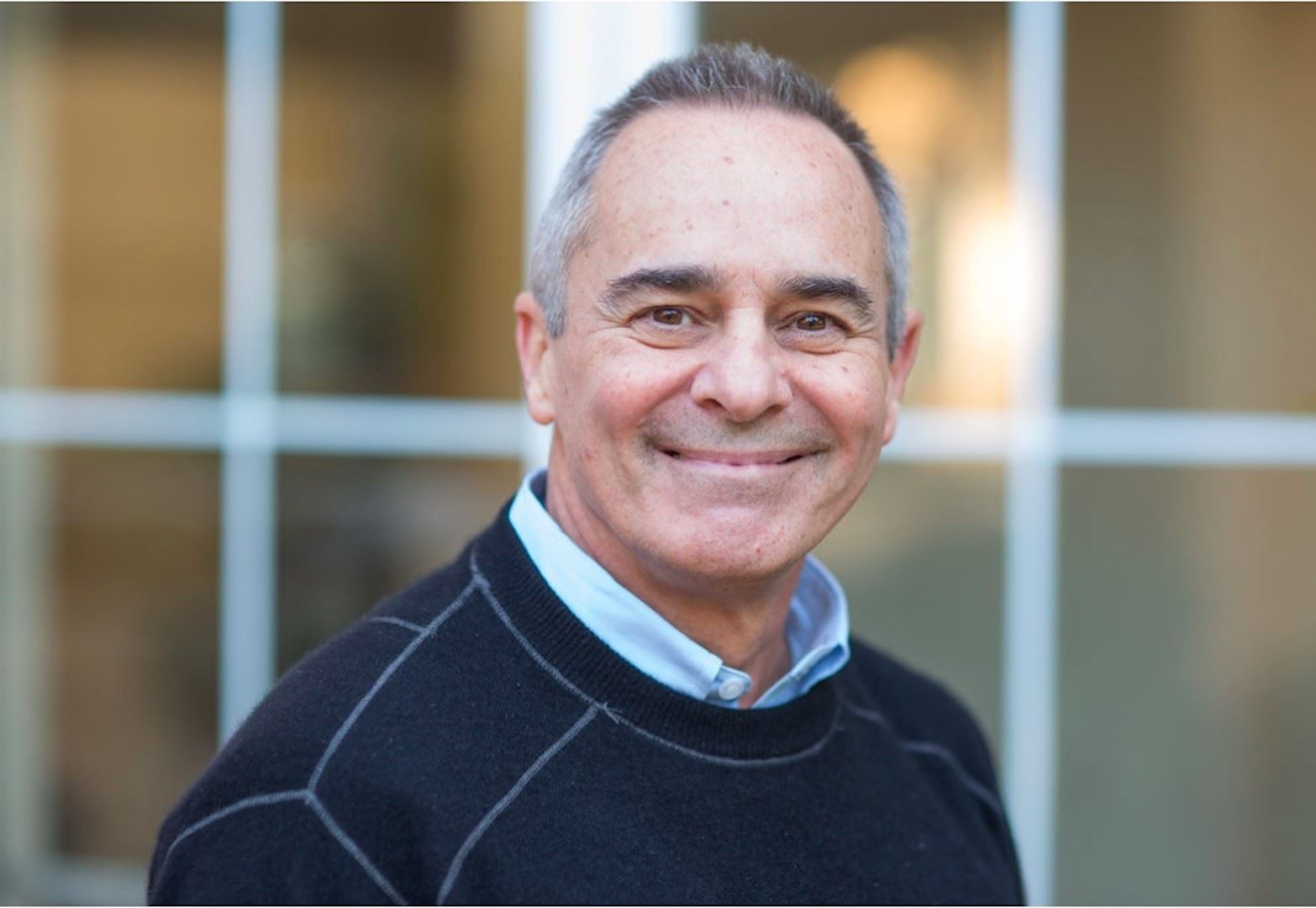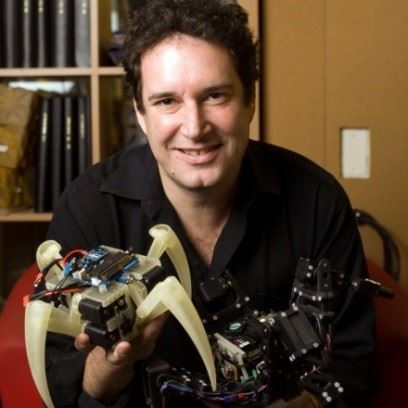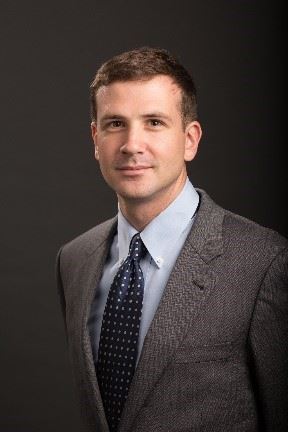
21st Century Medicine - 2024 Virtual Lecture Series
A Four-Part Introduction to New Approaches in Medicine
The intersection of the fields of genetics, artificial intelligence and medicine will have enormous impacts on human health and lifespans in the coming decades.
Extraordinary research is not only guiding the progress made in treating individual diseases—cancer, sickle cell anemia, heart disease, diabetes, but also the aging process and human longevity. Changes in medicine and research will impact physician/patient interaction, our health, and of course, the cutting edge of laboratory science.
Join us in exploring this exciting progress in this series of talks with four experts in their fields and bring your questions, concerns and curiosity.
This series is free and open to the public.
Please register here for the link.
This series is sponsored in part by Berkshire SuperGenarians.
Wednesday March 6
| Innovative Trends in Aging and Longevity Science: “The future ain’t what it used to be” In this webinar Dr. Mark Pettus will explore some of the most exciting trends in aging and longevity research. He will translate this science to promote actionable lifestyle medicine considerations that can be leveraged today. Themes will include:
Dr. Pettus currently serves as Chief Medical Officer for Preventia Inc, providing mental health telehealth resources and coaching to colleges and universities. |
Wednesday March 13 |
| Artificial Intelligence Trends in Medicine Artificial Intelligence has been making grand strides over the past few years, outperforming humans in tasks once thought to be impossible to automate. Machines can now understand video and interpret language with unprecedented reliability, and even generate art and media. One of the greatest impacts this technology will have is in the medical fields: AI tools are making diagnostics more reliable and broadly available, and even helping discover and design new medicines. But where will this technology go next, and how far can it reach? This talk will take a deep dive into what is driving AI, how to use it, and how anticipate its future. Hod Lipson is a professor of Engineering and Data Science at Columbia University in New York, and a co-author of the award winning books “Fabricated: The New World of 3D printing”, and “Driverless: Intelligent cars and the road ahead”. His work on self-aware and self-replicating robots, recently featured by the New York Times, challenges conventional views of robotics. Lipson directs the Creative Machines Lab, which pioneers new ways to make machines that create, and machines that are creative. For more information visit http://hodlipson.com |
Wednesday March 20 |
| The "Doctor" will "See" You Now: Navigating Patient / Clinician Interactions in the Digital Era In this talk, Dr. Wilson will discuss the future of clinician/patient interactions as medicine moves from the traditional office to the virtual world, as artificial intelligence "agents" interact with patients and providers, and as remote monitoring of health status becomes more ubiquitous. Will this brave new world lead to better care, or a medical surveillance state?
F. Perry Wilson, MD MSCE is an Associate Professor of Medicine and Public Health at Yale University, and Director of the Clinical and Translational Research Accelerator (CTRA), a multi-disciplinary group of clinical researchers who conduct human subjects research with a particular focus on leveraging data streams to increase study efficiency. |
Wednesday March 27 |
| An Introduction to Precision Medicine and The All of Us Research Program This class will start with a description of the emerging frontier of precision medicine, an approach that has led to advances in cancer treatment, cardiology, and other fields. From there we will proceed to an introduction of the All of Us Research Program. Designed by the NIH, the program is the largest biomedical study ever conducted in the United States that aims to advance precision medicine by gathering health data from one million or more people living in the US to accelerate research that may improve health. We will cover what the All of Us program is, how to get involved, and how to access the data for your own interests. Dr. Jordan Smoller is the Jerrold F. Rosenbaum Endowed Chair in Psychiatry, Professor of Psychiatry at Harvard Medical School and Professor in the Department of Epidemiology at the Harvard T.H. Chan School of Public Health in Boston. Dr. Smoller is a psychiatrist, epidemiologist, and geneticist whose research focus has been understanding the genetic and environmental determinants of psychiatric disorders across the lifespan and using big data to advance precision mental health including improved methods to reduce risk and enhance resilience. |





